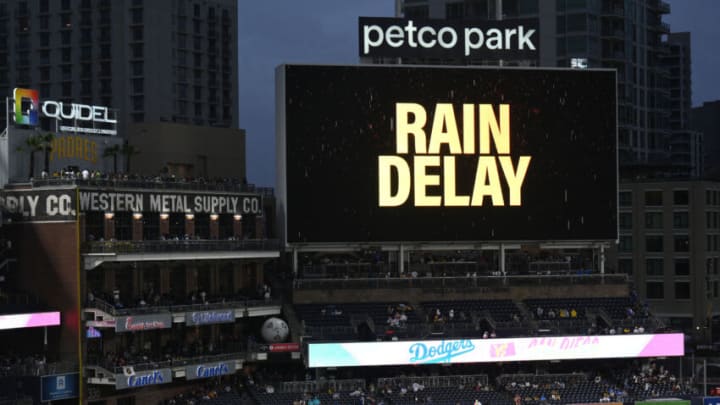On September 4, the Guardians and the Mariners took the field in Cleveland for a game with big playoff implications. By the time the afternoon game was decided, it was just past 11 pm. Fans who paid for tickets had to sit through a rain delay of more than four hours or lose their tickets with no recourse. Since this was Seattle’s last visit to Cleveland for the season, rescheduling the game would have posed logistical challenges that apparently outweighed the inconvenience for MLB fans.
MLB fans get caught in economic pinch yet again
Now for the bad news: we need to get used to this because, with the way next year’s schedule is structured, it will happen a lot more. MLB has decided that each team will play at least one series against each of the other 29 teams. This translates to one series against each team from the other league. Guess what happens when it rains during the last game of that series? The teams will do everything they can to play that game, because finding a way for, say, the Angels to stop off in Pittsburgh for one game late in the season for a makeup game isn’t worth the hassle.
Economically, this makes sense for the teams. They have already pocketed the ticket revenue, and they can avoid the travel expense by playing the game. Finding an open date usually means a Wednesday afternoon, or some other unattractive date, because all the good dates are already booked. The long days tax the bullpens, but both teams are equally burdened. If you play the game three months from now, who knows what kind of shape your pitching might be in.
The upside, according to MLB, is that playing every team from the other league avoids some teams gaining an advantage in the wild card race by playing weaker teams. That already happens, of course. Seattle is fighting for a wild card berth against teams from the AL East that play each other over and over, while the Mariners have spent most of the last two months playing the Rangers, Angels, and A’s, teams that are a combined eighty games under .500.
A better solution would be less interleague play, not more. Interleague play started off as a novelty, but we are long past the days when fans in AL cities felt cheated because they never got to see Willie Mays or Hank Aaron play. Anyone with a decent streaming package can see as much of their favorite team or player as they want, and streaming is where MLB expects to see the most revenue growth over the next decade. At least with streaming, you can switch the channel during a rain delay.
Here’s one more thought. At some point, there will inevitably be 32 or 36 major league teams. Start trying to create a schedule where all of those teams play each other at least once, and it isn’t a stretch to imagine that teams from the same league might only play each other once a season. That means sitting through even more long rain delays.
MLB probably hasn’t thought that far ahead, because they never do. But even in the short term, they have created a situation where fans will be ill-served.
